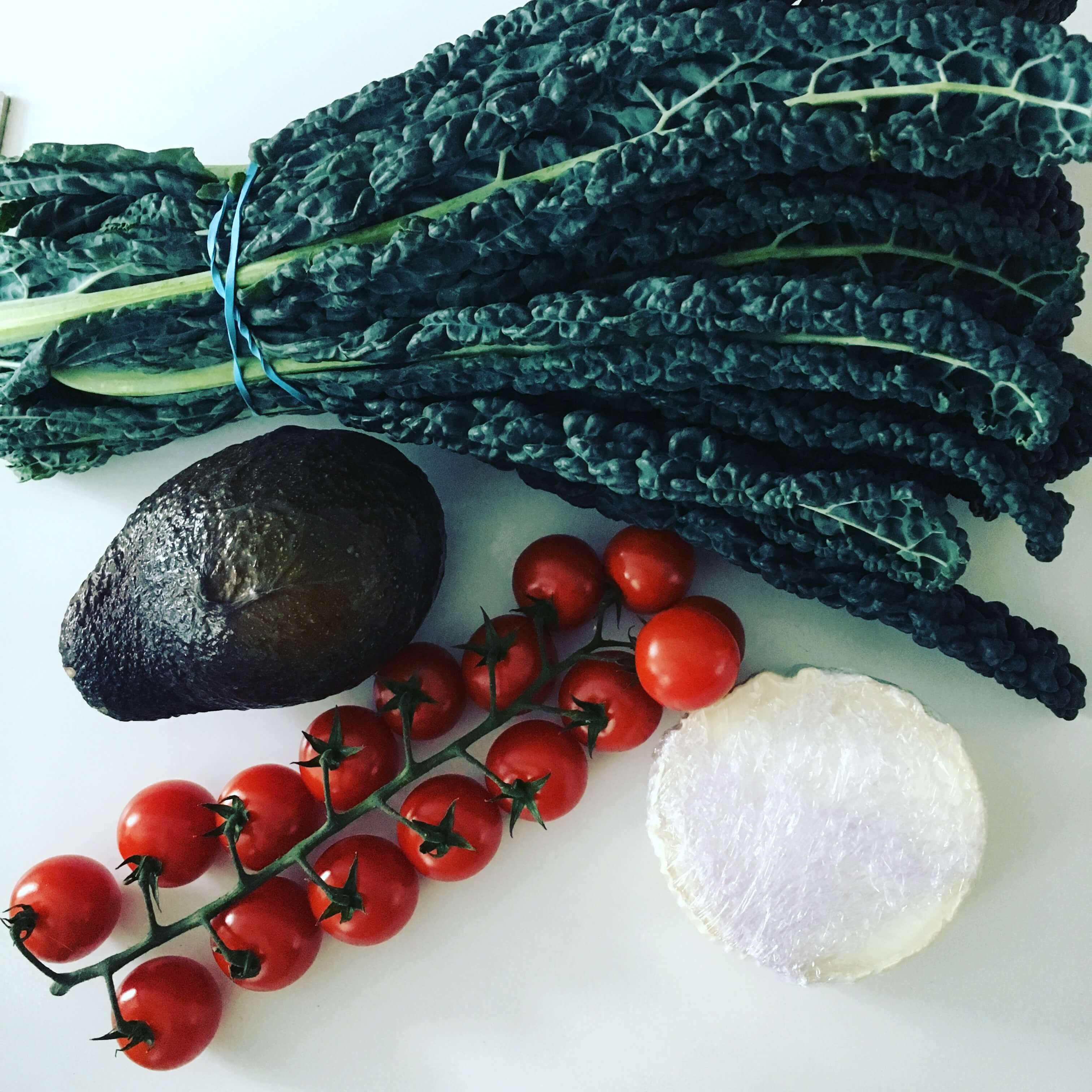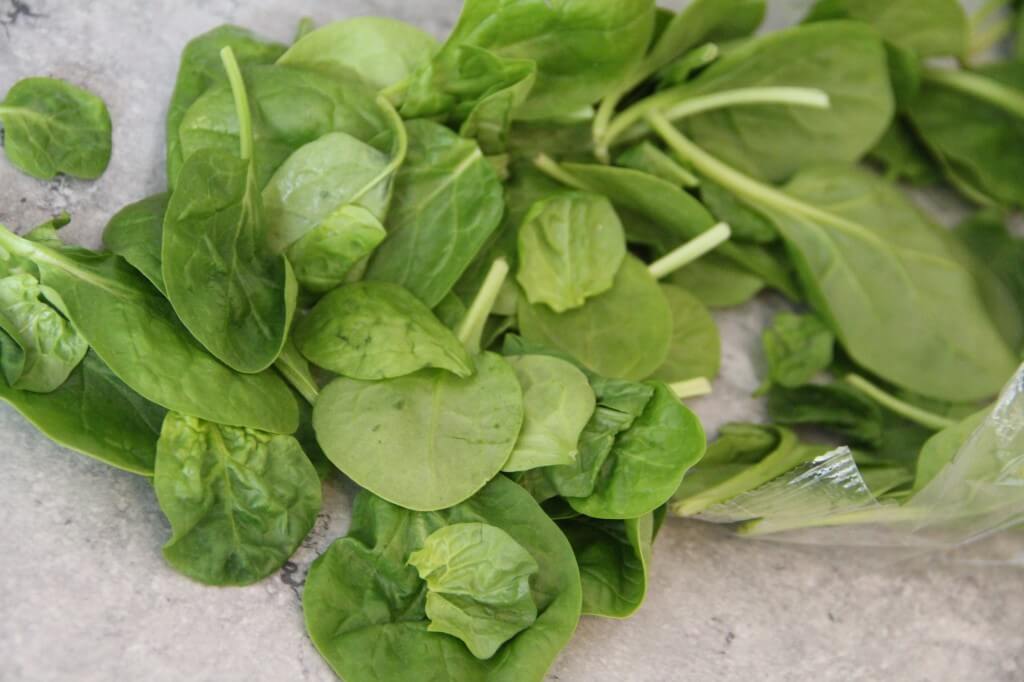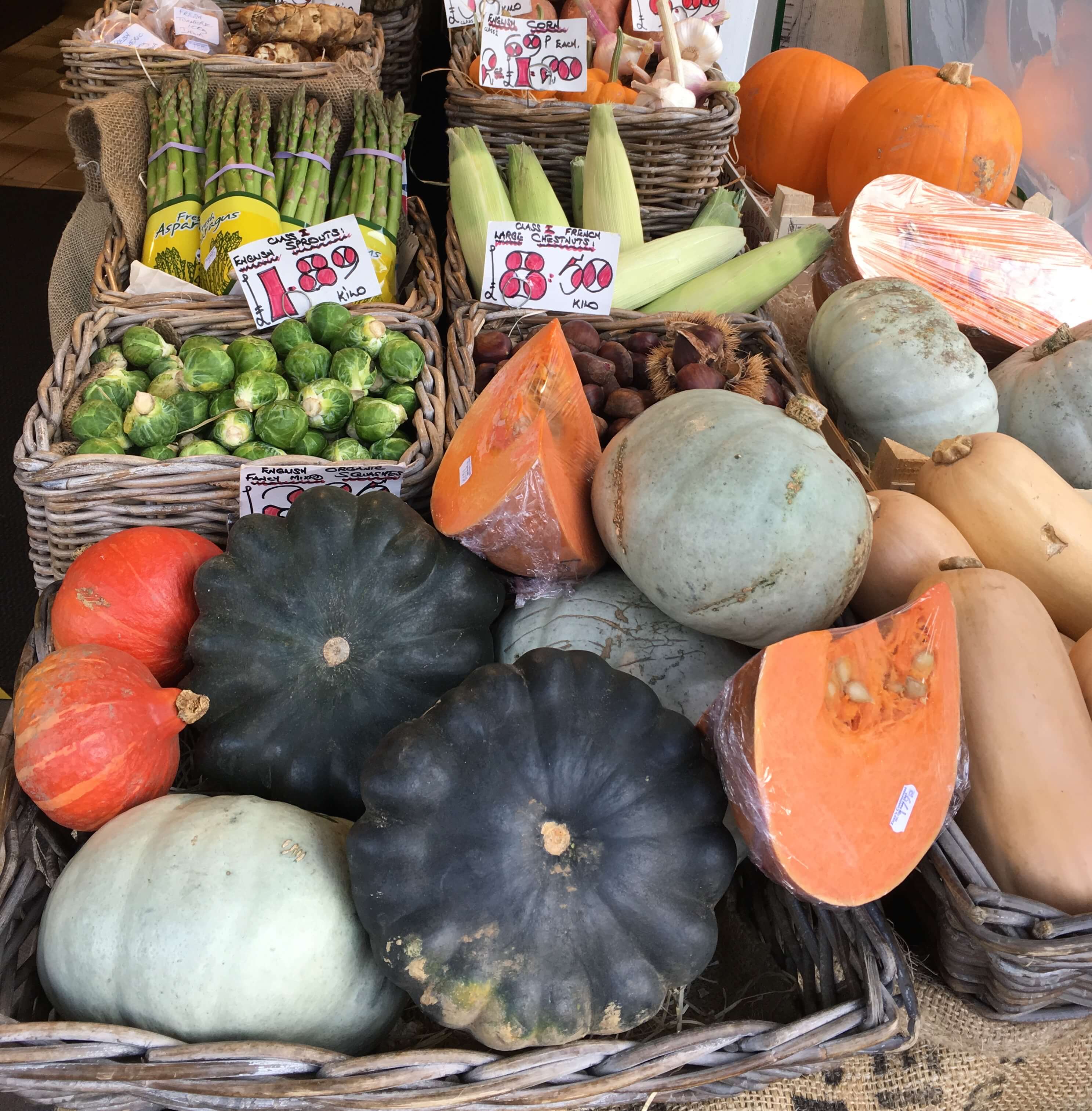9 Easy Ways To Reduce Your Food Waste

We all know that food waste is a problem. The stats are huge.
One third of all food produced globally is lost or wasted. The average family spends £470 a year on food that is thrown away. 100 million pints of milk are thrown down the drain every year in the UK. The list goes on.
We can all do our bit to try to reduce this waste, and sometimes it’s the little tips that help, so here are a few thoughts that you might like to try. I’d love to hear your tips too!
- Bread
Most cuisines have recipes that use up bread that is past its best; pappa al pomodoro, panzanella, fattoush, bread and butter pudding, eggy bread, croutons or breadcrumbs can all be made with stale bread. You can also sprinkle the bread with a bit of water and warm it in the oven, or in a steam oven if you have one, to soften slightly dry bread for one of these recipes.
Mouldy bread unfortunately can’t be salvaged in the same way, but don’t write off that stale bread quite yet!
- Fresh herbs
To keep your herbs perky for longer, wash in cold water and then wrap loosely in kitchen paper or a clean j-cloth. Lightly wet the cloth, place it in an open container or on a plate, and store in the fridge. If you keep the cloths damp, they will stay fresh for days.
And if the herbs are getting to be past their best, make pesto or herb oil! For pesto, just blitz the herbs with some olive oil, nuts and parmesan if you have any around, along with a squeeze of lemon juice and a pinch of sea salt. Keep the pesto in a jar covered with olive oil and store in the fridge.
Herb oil is even easier – blend the herbs with olive oil and a pinch of salt and keep in the fridge to drizzle on almost anything; salads, meat, fish, cooked vegetables, stir it into soups, stir through grains and more. Delicious!
- Parmesan
If you get through a lot of Parmesan, freeze the rinds and use them when cooking. I save mine in a freezer bag and when I have a bag-full I throw them all into a soup or stew to simmer, adding a delicious umami depth.
- Wash as you go
I find that if I have washed leafy vegetables in the fridge I am much more likely to use them when cooking in a hurry. Softer leaves like baby spinach or delicate lettuces will spoil more quickly when washed, so be aware of that and use within a day of washing them. If there’s time to wash kale, cavolo nero, hardier leaves, and herbs as soon as you get them, you might find that it’s easier to use them while you’re cooking too.

- Eggs
Eggs have a long shelf life, particularly if they’re stored in a cool place, preferably in the fridge, and when I’m making a family dinner I often find a few that have gone past the date on the box. Eggs have a membrane that pulls away from the shell as the egg ages, creating an air pocket, so you can test to see if the egg is still ok to eat.
Fill a bowl with cold water and place the egg in the bowl. The egg will either stay at the bottom or float up. Eggs that float have gone bad, but ones that stay at the bottom of the water are ok. As they are less fresh, it’s best to use them for scrambling and omelettes, or anything where the egg is fully cooked. Smell them when you crack them too, and discard any that smell. Life hack!
- Bananas and avocados
Freeze bananas and avocados that won’t be used up before they get too ripe and throw them into smoothies. The best way is to cut out any blackened bits, and slice up the bananas, peel and quarter the avocados, and freeze them in containers. Mmmm smoothies…
- Buy as you go
Those BOGOF deals are a killer for food waste, and supermarkets tend to encourage us to buy more than we need with subliminal messaging that can be hard to resist. If you plan your meals, stick to your shopping list and don’t be tempted by the deals unless you know you will use the food.
Or my favourite way is to shop at our local grocer, where we buy a few things at a time, only buying more when we need it. I’ve noticed that by doing this, we throw away much less, and the food we have is fresher.

- Sort out your fridge!
Cooler fridges will preserve food for longer, and apparently, most UK fridges are set too warm. So let’s fix that! All fridges should be 5°C or less, and you can buy a digital thermometer to keep in your fridge if you think your fridge isn’t working efficiently.
Cooling food down before putting it in the fridge also helps to keep your fridge at the right temperature. Ways to cool food down include dividing up large quantities into smaller portions, putting them in cold containers, and placing the containers in a sink filled with cold water (obviously with the water below the top of the containers) and stirring occasionally until the food is cool. Then cover and refrigerate or freeze.
- Love your freezer
More things that can be frozen well include:
Sliced bread – just toast from frozen on the defrost setting
Whole loaves of bread – allow to defrost at room temperature
Breadcrumbs – it’s great to have a bag of these for when recipes call for small amounts
Most cakes freeze well
Grated cheese – use from frozen
Leftover raw pastry – wrap well and defrost to use
Raw and cooked meat – wrap well and defrost before using
Soups, stews, lasagna, bakes and gratins can all be cooked from frozen. Make extra and keep a few portions in your freezer, well labelled, until you need a good dinner option with no cooking needed
Look into how long these keep for – a handy guide is here.
I’d love to hear what you do to reduce food waste too!













